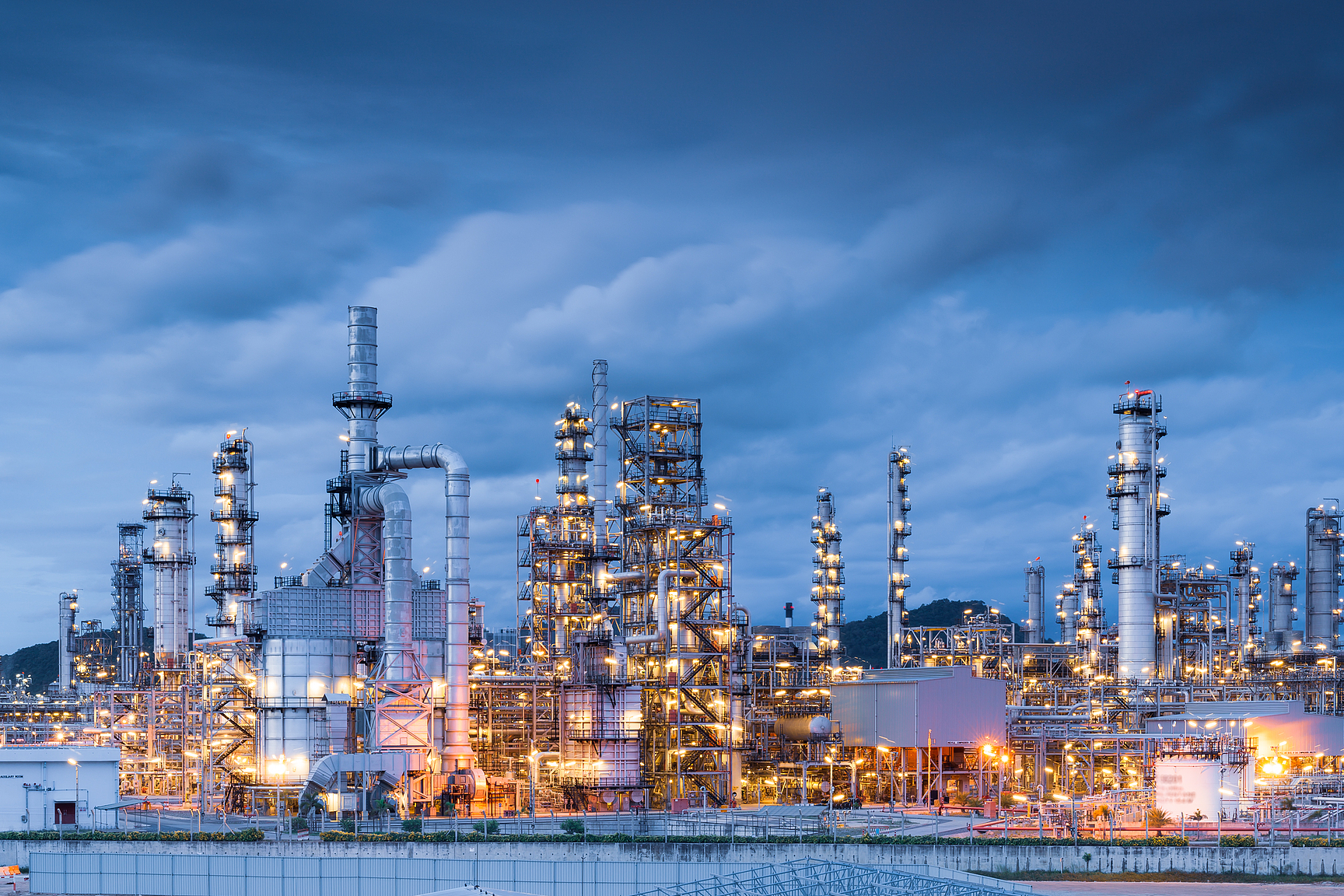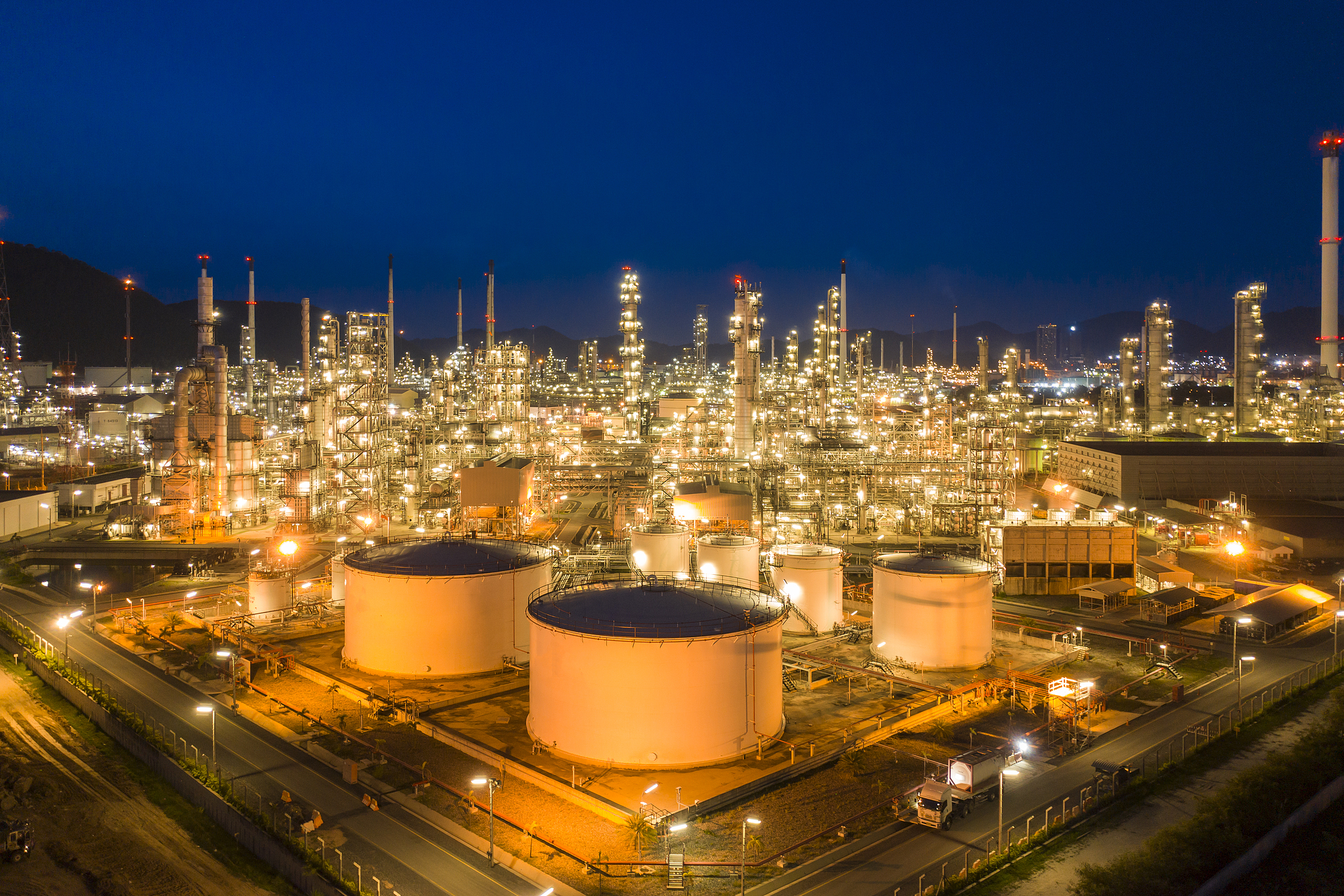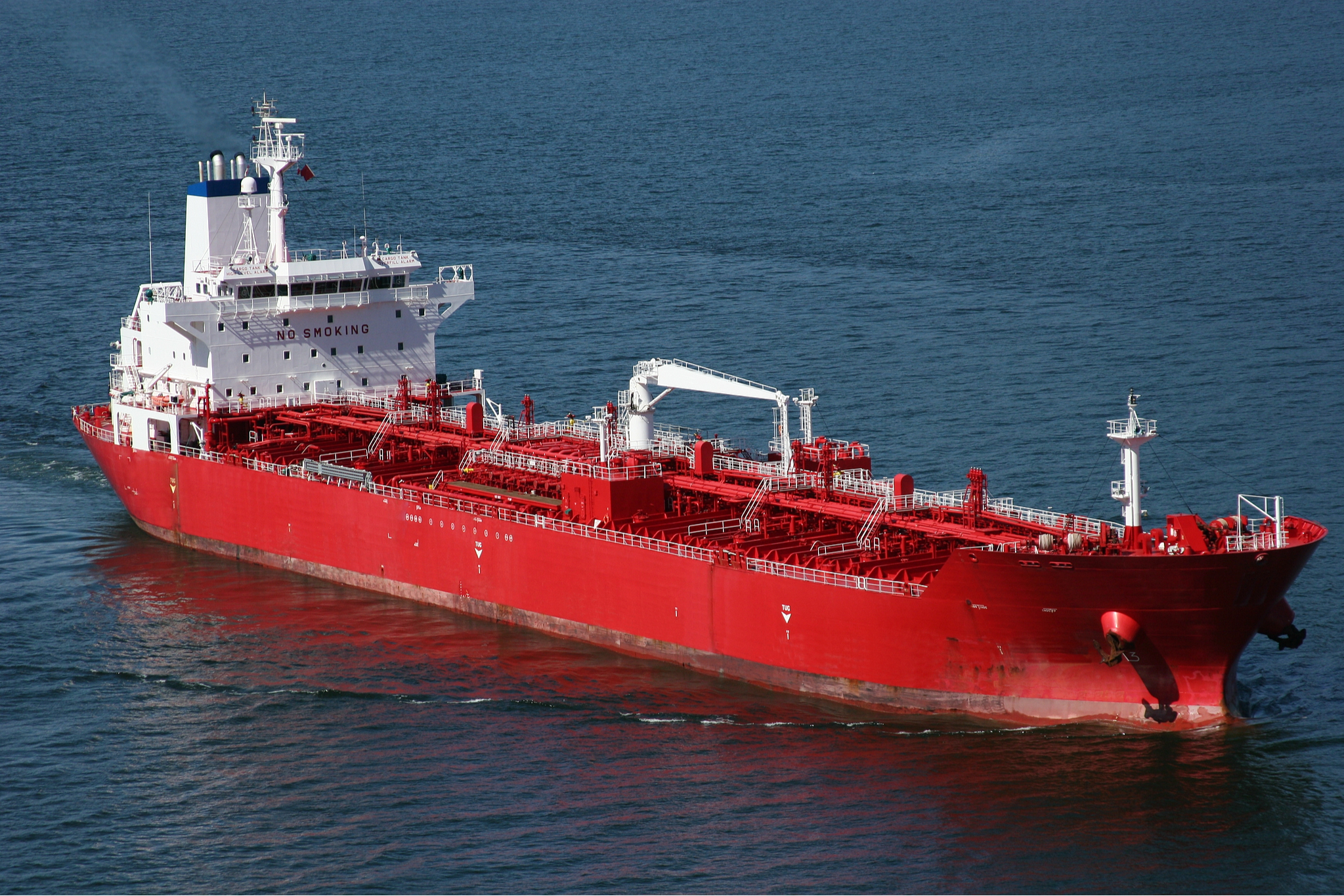











In the ever-evolving chemical manufacturing industry, securing reliable suppliers for ethyl acrylate has become increasingly crucial for maintaining production excellence. This versatile monomer, essential in various industrial applications, demands careful consideration when selecting supply partners. Understanding the complexities of ethyl acrylate procurement can make the difference between consistent product quality and costly manufacturing disruptions.
The chemical industry's dynamic nature requires manufacturers to establish robust supplier relationships that ensure not only product quality but also sustainable supply chains. This comprehensive guide explores the key factors in selecting ethyl acrylate suppliers, helping you make informed decisions for your manufacturing needs.
When sourcing ethyl acrylate, suppliers must demonstrate rigorous quality control processes. Leading suppliers maintain state-of-the-art testing facilities where each batch undergoes comprehensive analysis. This includes checking purity levels, monitoring stabilizer content, and verifying chemical composition to ensure consistency across deliveries.
Modern analytical techniques, such as gas chromatography and spectroscopy, play vital roles in maintaining quality standards. Reliable suppliers provide detailed certificates of analysis (CoA) with each shipment, documenting key parameters and conformity to specifications.
Superior ethyl acrylate suppliers maintain strict adherence to international regulations and standards. This includes proper registration with relevant authorities, compliance with REACH regulations in Europe, and adherence to FDA requirements for applications in food-contact materials.
Documentation management systems should track product specifications, safety data sheets, and regulatory certificates. This comprehensive approach ensures transparency and facilitates smooth auditing processes.
Effective handling of ethyl acrylate requires specialized infrastructure. Premium suppliers invest in temperature-controlled storage facilities and maintain dedicated transportation fleets equipped with safety features. These investments demonstrate their commitment to product stability and quality preservation during transit.
Modern tracking systems and real-time monitoring capabilities ensure shipment visibility and maintain optimal conditions throughout the supply chain. This level of control helps prevent quality degradation and ensures timely delivery to manufacturing facilities.
Leading ethyl acrylate suppliers maintain sufficient production capacity to meet varying demand levels. Their manufacturing facilities operate with redundancy systems to prevent supply interruptions. This infrastructure investment supports consistent product availability and helps maintain stable pricing structures.
Flexibility in production scheduling and the ability to accommodate urgent orders distinguish premium suppliers in the market. Their robust supply networks can adapt to changing market conditions while maintaining quality standards.
Top-tier ethyl acrylate suppliers maintain active research and development programs. These initiatives focus on product improvements, application development, and process optimization. Their technical expertise helps customers optimize manufacturing processes and develop innovative applications.
Collaboration between supplier and customer R&D teams can lead to breakthrough developments in product applications. This partnership approach adds value beyond basic supply relationships and supports long-term industry advancement.
Excellence in customer support distinguishes leading ethyl acrylate suppliers. Their technical service teams provide expert guidance on handling procedures, storage requirements, and application optimization. Regular technical consultations help customers maintain efficient operations and resolve challenges promptly.
Professional suppliers offer comprehensive training programs for customer personnel, covering safety procedures, handling protocols, and quality control measures. This knowledge transfer ensures proper product handling throughout the value chain.
Environmental consciousness has become a crucial factor in supplier selection. Premium ethyl acrylate manufacturers implement sustainable production practices, including energy-efficient processes and waste reduction programs. Their commitment to environmental stewardship often extends to using renewable energy sources and implementing circular economy principles.
These suppliers regularly assess their carbon footprint and implement reduction strategies. Such initiatives not only benefit the environment but also often lead to more efficient operations and cost savings that can benefit customers.
Responsible ethyl acrylate suppliers maintain comprehensive waste management programs. These include recycling initiatives, proper disposal methods for chemical waste, and water conservation practices. Their facilities often exceed local environmental regulations, demonstrating leadership in industrial sustainability.
Advanced monitoring systems track resource usage and identify opportunities for conservation. This data-driven approach helps optimize operations while minimizing environmental impact.
Reputable suppliers should hold ISO 9001 certification for quality management systems, along with industry-specific certifications such as ISO 14001 for environmental management. Additional relevant certifications might include ISO 45001 for occupational health and safety management systems.
Storage facilities must maintain temperature control between 15-25°C, feature proper ventilation systems, and include emergency containment measures. Facilities should also be equipped with stabilizer monitoring systems and utilize nitrogen blanketing for stored material.
Suppliers should provide comprehensive documentation including certificates of analysis (CoA), safety data sheets (SDS), batch-specific quality reports, and transportation documentation. For regulated applications, additional compliance certificates may be required.
Regular supplier audits should be conducted at least annually, with more frequent assessments for critical applications. These audits should evaluate quality systems, manufacturing processes, safety protocols, and compliance with agreed-upon specifications.
 Hot News
Hot News2026-01-17
2026-01-13
2025-07-25
2025-06-16
2025-04-07
2025-04-07

